When it comes to modern agriculture, one of the crucial components that ensure efficiency and productivity is the use of pumps. Pumps play a vital role in various agricultural applications, including irrigation, livestock watering, fertilization, and crop protection. In this comprehensive guide, we will delve into the different types of pumps used in agriculture, their functions, and how they contribute to the overall success of farming operations.Centrifugal pumps are among the most commonly used types of pumps in agriculture. These pumps work by converting rotational kinetic energy into hydrodynamic energy, allowing them to move water or other fluids efficiently. One of the key advantages of centrifugal pumps is their ability to handle large volumes of water, making them ideal for irrigation systems. They are also relatively easy to operate and maintain, which is crucial for farmers looking to streamline their operations.
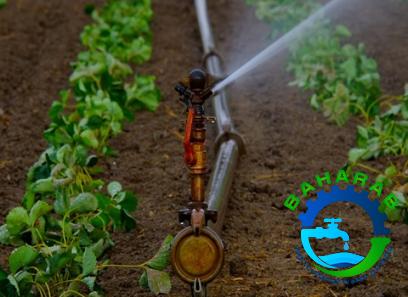
.
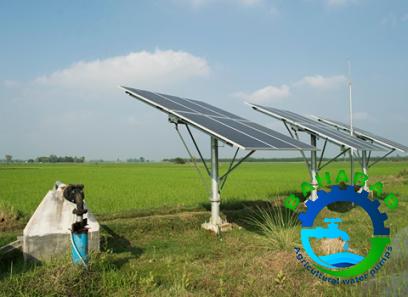 Submersible pumps are another essential type of pump in agriculture, particularly for groundwater extraction. As the name suggests, these pumps are designed to be submerged in the water source, such as a well or reservoir. Submersible pumps are known for their high efficiency and ability to pump water from considerable depths. They are commonly used for irrigation, providing a reliable water supply for crops, especially in areas where surface water may be scarce.
Submersible pumps are another essential type of pump in agriculture, particularly for groundwater extraction. As the name suggests, these pumps are designed to be submerged in the water source, such as a well or reservoir. Submersible pumps are known for their high efficiency and ability to pump water from considerable depths. They are commonly used for irrigation, providing a reliable water supply for crops, especially in areas where surface water may be scarce.
Diaphragm pumps are versatile pumps that are widely used in agriculture for various applications. These pumps operate by using a diaphragm to create a pumping action, making them suitable for pumping fluids with high solid content or chemicals. Diaphragm pumps are known for their robust construction, making them suitable for handling challenging agricultural tasks such as spraying pesticides or fertilizers. They are also popular for their self-priming capabilities, making them easy to start and operate in remote locations.
..
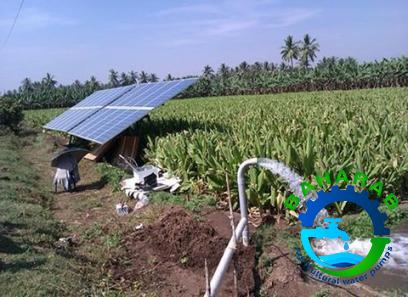 Slurry pumps are designed to handle fluids with high solid content, such as manure, slurries, and wastewater in agricultural settings. These pumps are crucial for transporting and managing waste products efficiently, reducing the risk of contamination and environmental hazards. Slurry pumps are commonly used in livestock farming operations, where managing animal waste is a critical aspect of maintaining farm hygiene and sustainability. By effectively handling slurry, these pumps contribute to environmental protection and resource conservation.
Slurry pumps are designed to handle fluids with high solid content, such as manure, slurries, and wastewater in agricultural settings. These pumps are crucial for transporting and managing waste products efficiently, reducing the risk of contamination and environmental hazards. Slurry pumps are commonly used in livestock farming operations, where managing animal waste is a critical aspect of maintaining farm hygiene and sustainability. By effectively handling slurry, these pumps contribute to environmental protection and resource conservation.
High-pressure pumps are essential for applications that require the delivery of water or chemicals at elevated pressure levels. These pumps are designed to generate significant pressure to overcome resistance in long-distance irrigation systems, spraying equipment, or misting systems. High-pressure pumps are commonly used in greenhouse operations, vineyards, and orchards, where precise and uniform distribution of water or chemicals is crucial for crop health and productivity. By delivering water at the right pressure, these pumps help optimize water use efficiency and crop yield.
…
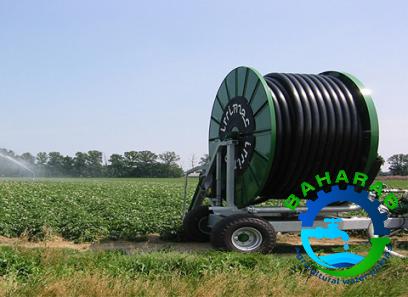 Advancements in agricultural technology have led to the development of smart pumps equipped with intelligent monitoring and control capabilities. Smart pumps incorporate sensors, automation features, and data connectivity to optimize pump performance, energy efficiency, and resource management. These pumps can adjust their operation based on real-time conditions, such as water demand, weather forecasts, or system malfunctions. Smart pumps enable farmers to remotely monitor and control pump operations, saving time and resources while maximizing productivity. Incorporating specialized pumps tailored to specific agricultural needs can enhance operational efficiency, resource utilization, and environmental sustainability on farms. By investing in the right pump technology for each application, farmers can improve their overall performance, reduce costs, and achieve better outcomes in crop production and farm management. The continuous innovation and evolution of pump technologies in agriculture are poised to transform farming practices and contribute to a more sustainable and productive agricultural sector.
Advancements in agricultural technology have led to the development of smart pumps equipped with intelligent monitoring and control capabilities. Smart pumps incorporate sensors, automation features, and data connectivity to optimize pump performance, energy efficiency, and resource management. These pumps can adjust their operation based on real-time conditions, such as water demand, weather forecasts, or system malfunctions. Smart pumps enable farmers to remotely monitor and control pump operations, saving time and resources while maximizing productivity. Incorporating specialized pumps tailored to specific agricultural needs can enhance operational efficiency, resource utilization, and environmental sustainability on farms. By investing in the right pump technology for each application, farmers can improve their overall performance, reduce costs, and achieve better outcomes in crop production and farm management. The continuous innovation and evolution of pump technologies in agriculture are poised to transform farming practices and contribute to a more sustainable and productive agricultural sector.
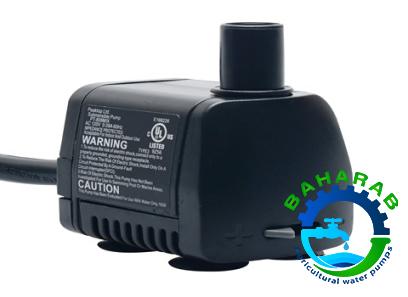
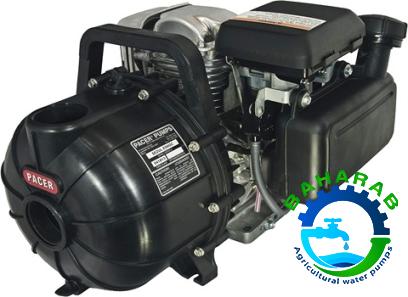
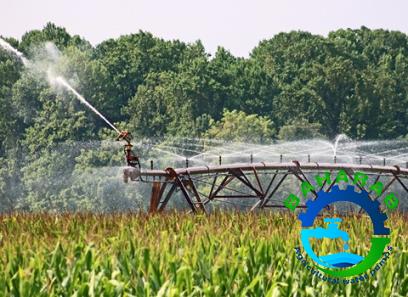
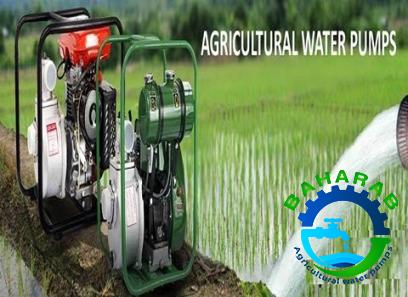
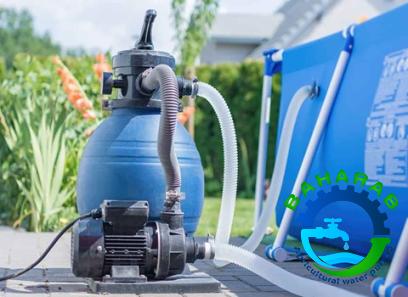
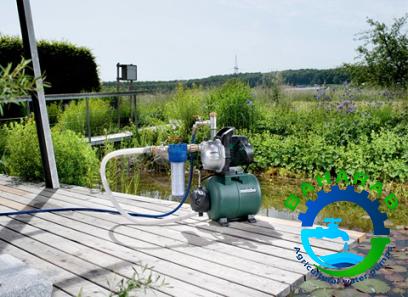
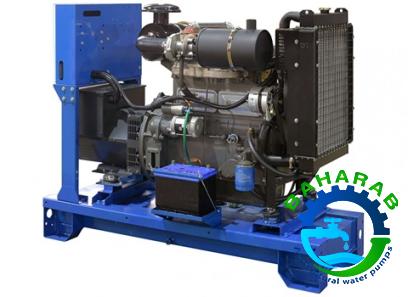
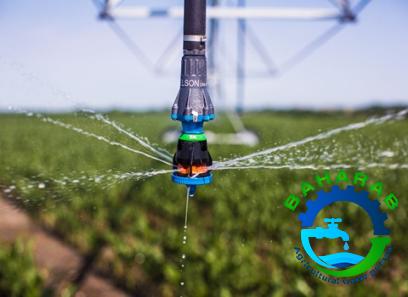
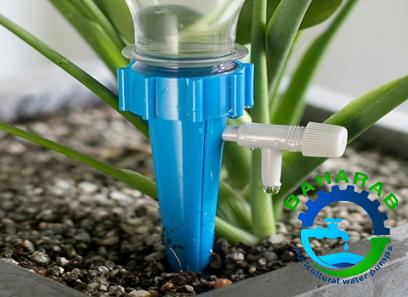
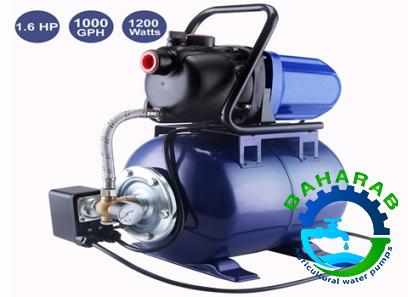
Your comment submitted.